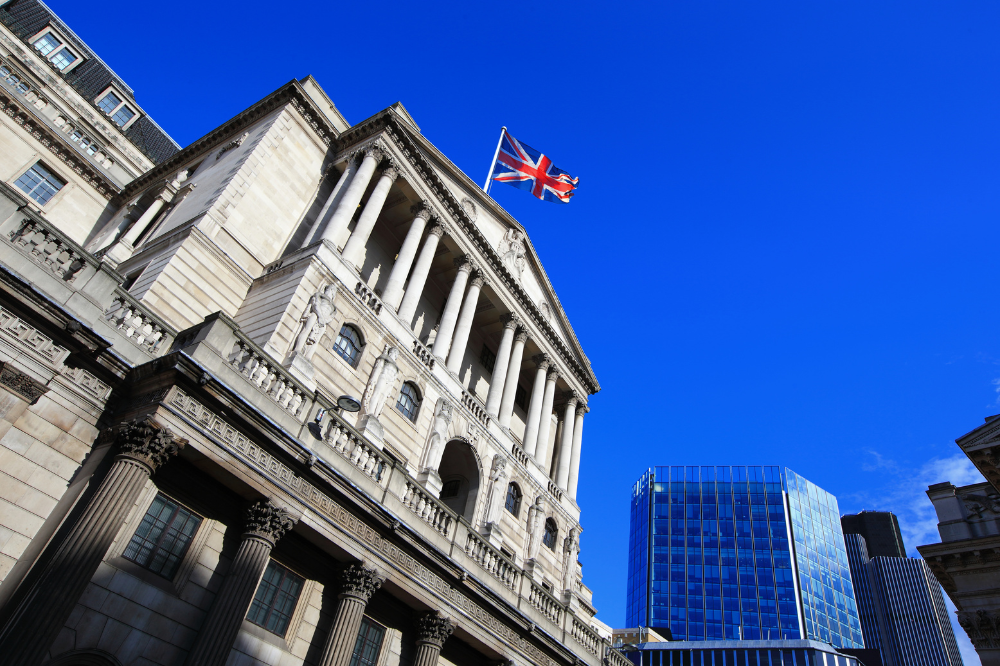
A review of the property market in 2019
With 2019 coming to an end, we explore the highs and lows of the property market throughout the last twelve months.
General Election:
Perhaps the biggest news to impact the property market in 2019 was the Conservative Party victory at the general election in December. Jeremy Leaf, former residential chairman of the Royal Institution of Chartered Surveyors, said: “The most important thing for the housing market is that the result brings some stability, albeit short-term at least until we see a clearer timetable for Brexit. This should generate a return of confidence to the market, which is what we have been looking for.”1
Under Boris Johnson’s leadership, the Conservative Party proposed the following in the lead up to general election:
- Stamp duty reform: Johnson pledged to reform stamp duty by increasing the threshold to £500,00 and reducing the top rate from 12% to 7%. Under reforms, the tax could be paid by the seller, rather than the buyer, however the February budget should reveal more on this.
- Support for homeownership: Conservative’s have pledged to extend the Help to Buy equity loan scheme by a further two years, and to review methods to support home ownership, with banks and building societies to offer longer-term fixed rate mortgages.
- Foreign buyers: With the 2% increase in sterling against the US dollar after the election result, it is likely that the UK will be less attractive to foreign buyers. Furthermore, the Conservative’s election manifesto included plans to introduce a 3% stamp duty surcharge for overseas buyers.1
The result means that the departure from the EU should go ahead on 31 January 2020, potentially removing a lot of uncertainty for those unsure whether to buy, sell or remortgage. Estate agency Knight Frank predicts: ‘Supply is likely to rise in the short to medium term as vendors anticipate stronger market conditions. However, while some may expect these conditions to support higher prices, growth in supply will temper this somewhat. Accurate pricing will remain key to securing sales.”2
First-time buyers:
Data collected by UK Finance saw a 2.8% rise in first-time buyer (FTB) mortgages between October 2018 and October 2019, totalling 32,260 new FTB mortgages in October 2019 alone.3
This suggests that the market has remained strong for FTBs, and other property buyers for that matter, despite uncertainty around Brexit and the general election. This has been a continued trend throughout 2019, with the number of approved mortgage applications remaining stable throughout, boosted by interest rates hitting a four-year low.2 The Financial Times reports that new buyers took advantage of lower prices in some areas’.5
The ‘Bank of Mum and Dad’ continues to play an increasingly apparent role for FTBs, with the ‘average amount being passed down [having] risen by more than £6,000 to £24,100’. Legal and General also reported that 56% of over-55s are helping family get on to the property market.6
Remortgaging:
UK Finance reported a 20% decline in the number of remortgages (which required a simple refinance) between October 2018-2019, as well as a 20.8% decline in the number of homeowners remortgaging to withdraw equity.3
Reasons to determine this are difficult, but with so much political uncertainty this year, many homeowners appear to have been reluctant to do anything until they know where they stand. It will be interesting to see how this shifts in 2020, now that plans under the Conservative’s can be confirmed.
Moving home:
There was a 4.2% increase in the number of home mover mortgages completed in October 2019, when compared to the previous year, with October’s completed home mover mortgages totalling 33,370.3 It may be that some homeowners need to move home, regardless of economic and political reasons, for reasons such as relocation, outgrowing or downsizing.
BTL:
There was a 1.5% decline in the number of buy-to-let (BTL) mortgages purchased in October 2019, compared to the previous year. However, the monthly applications have remained fairly consistent throughout the whole year.
The number of BTL remortgage applications however has been on a slightly bumpier ride, with October’s figures showing a 2.4% decline year on year.3 Again, this is likely to be down to the uncertainty of 2019’s economic and political climate.
House prices:
From September 2018 – September 2019, growth in house prices remained unchanged, with prices rising on average by 1.3%.6 When compared to previous years, it is apparent that 2019 was the slowest year for growth since 2012. However, the rate at which house prices grow is forecasted to increase year on year, according to the Land Registry.5
Average UK house prices and year on year growth rates.
Source: Land Registry, Cebr analysis5
The Office for National Statistics (ONS) reported the average house prices to have reached the following, as of October 2019:
- England: £249,000 (0.5% growth year on year)
- Wales: £166,000 (3.3% growth year on year)
- Scotland: £154,000 (1.4% growth year on year)
- Northern Ireland: £140,000 (4% growth year on year)7
What next?
With 2020 just around the corner, it won’t be long before the Brexit deadline approaches on the 31 January 2020. We are yet to understand if we will be leaving the EU with or without a deal. Furthermore, there could be a cut to the base rate with two out of nine of the Monetary Policy Committee members having voted for a decrease.8
As ever in such situations, you are advised to not act in haste to avoid making irrational decisions. Things are expected to unfold in the new year which removes a lot of the uncertainty around the economy and politics, which in turn should allow people to make a better-informed decision.
Should you wish to discuss your situation with any of our experienced and qualified mortgage advisers, we are on hand to help and what’s more, our service is free. You are not obliged to do business with us, and we will be honest with you if now if not the best time for you to act. To contact us call 01823 273880 or complete an enquiry form and we will contact you as soon as possible.
1https://www.zoopla.co.uk/discover/property-news/what-does-the-general-election-result-mean-for-the-housing-market/#06gDkxwhVWTyygMl.972https://www.knightfrank.co.uk/research/article/2019-12-13-what-does-the-uk-general-election-mean-for-property3https://www.ukfinance.org.uk/sites/default/files/uploads/Data%20(XLS%20and%20PDF)/UKF-Mortgage-Trends-Update-17-December-2019.pdf4https://www.ft.com/content/93ecbeec-2082-11e9-b126-46fc3ad87c655https://www.ft.com/content/2e7e15ce-05fb-11ea-a984-fbbacad9e7dd6https://www.legalandgeneral.com/bank-of-mum-and-dad/bomad-report-2019.pdf7https://www.ons.gov.uk/economy/inflationandpriceindices/bulletins/housepriceindex/october20198https://www.which.co.uk/news/2019/12/what-will-brexit-mean-for-house-prices/



